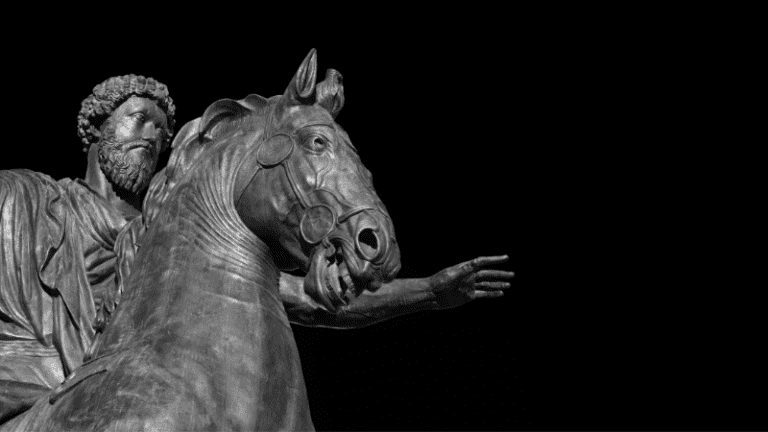Comparison of the dualism of Anaxagoras with ancient Chinese philosophy (I-Ching) and Daoism
Dualism, the philosophical concept that postulates the existence of two fundamentally different principles or substances, has been studied in various cultural and philosophical contexts. If we consider the dualism of the Anaxagoras with ancient Chinese philosophy, especially the I-Ching (Yijing) and Daoism, we come across contrasting views on the nature of reality, the relationship between mind and matter and the underlying principles that govern the universe.
The dualism of Anaxagoras
Anaxagoras, a pre-Socratic philosopher from ancient Greece, proposed a form of dualism that distinguishes between two fundamental principles: the nous (mind or intellect) and the material world. According to Anaxagoras, the nous is the primary ordering principle responsible for the order and organization of the chaotic primordial mixture from which all things originated. In contrast, the material world consists of an infinite variety of substances, each of which contains a part of everything else but is distinguished by the predominance of certain properties.
The dualism of Anaxagoras represents a departure from the monistic views of earlier philosophers and emphasizes the role of the mind or intellect in shaping and organizing the material world. This dualistic framework laid the foundation for later developments in Western philosophy and science, influencing thinkers such as Plato and Descartes.
I-Ching (Yijing)
The I-Ching, also known as the Book of Changes, is an ancient Chinese divination text and philosophical treatise dating back to the Zhou Dynasty (1046-256 BC). Central to the philosophy of the I-Ching is the concept of yin and yang, which are complementary and interdependent forces that characterize the natural world. Yin is associated with darkness, passivity and receptivity, while yang is associated with light, activity and creativity.
In contrast to the dualism of Anaxagoras, which distinguishes between spirit and matter, the dualism of the I-Ching emphasizes the dynamic interplay between opposing but complementary forces. This dialectical view of reality reflects a holistic understanding of the universe in which harmony is achieved through the balance of yin and yang energies.
In addition, the I-Ching offers a system of hexagrams and trigrams that symbolize various natural phenomena and human experiences. By consulting the I-Ching, practitioners seek guidance to master life's challenges and harmonize with the rhythms of nature.
Daoism
Daoism, an indigenous Chinese philosophical and religious tradition, also offers a perspective on dualism that differs from Anaxagoras' framework. At the center of Daoist philosophy is the concept of the Dao (or Tao), which can be translated as "the way" or "the way of nature". The Dao is an ineffable and transcendent principle that underlies all phenomena and governs the unfolding of the universe.
In Daoist thought, dualistic distinctions such as mind and matter are seen as artificial and illusory, as they are based on human conceptualization and do not reflect the true nature of reality. Instead, Daoism emphasizes the importance of aligning with the natural flow of Dao and embracing spontaneity, simplicity and harmony with the cosmos.
While the dualism of Anaxagoras emphasizes the role of the mind or intellect in the organization of the material world, Daoism advocates a return to a state of original simplicity and non-differentiation, in which dualistic distinctions dissolve in the unity of the Dao.
Comparative analysis
If one compares the dualism of Anaxagoras with ancient Chinese philosophy, in particular with I-Ching and Daoism, one encounters opposing views on the nature of reality, the relationship between mind and matter and the principles underlying the universe. While the dualism of Anaxagoras distinguishes between mind and matter and emphasizes the role of the intellect in the organization of the material world, the dualism of the I-Ching emphasizes the dynamic interplay of yin and yang energies, and Daoism advocates unity with the ineffable Dao.
These different perspectives reflect the cultural and philosophical diversity of human thought and offer rich insights into the ways in which different cultures have grappled with fundamental questions about the nature of existence, consciousness and the cosmos.







